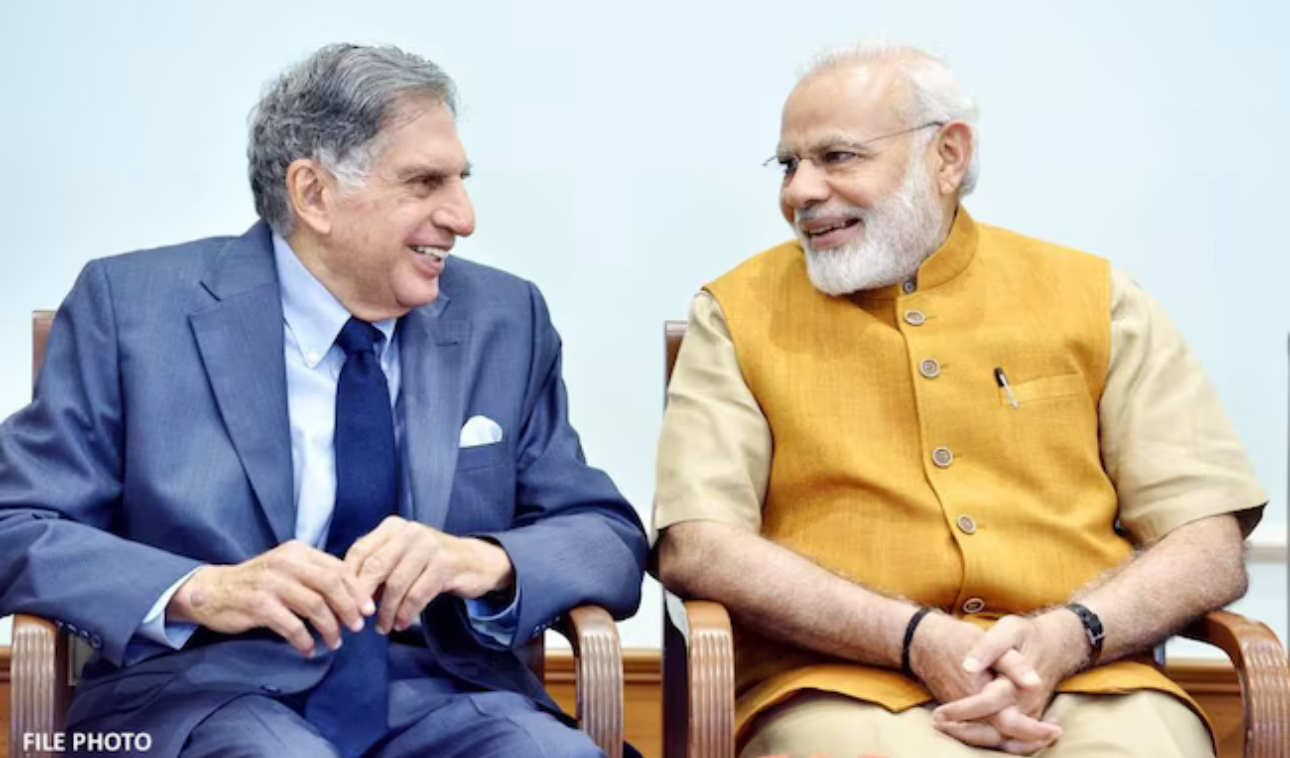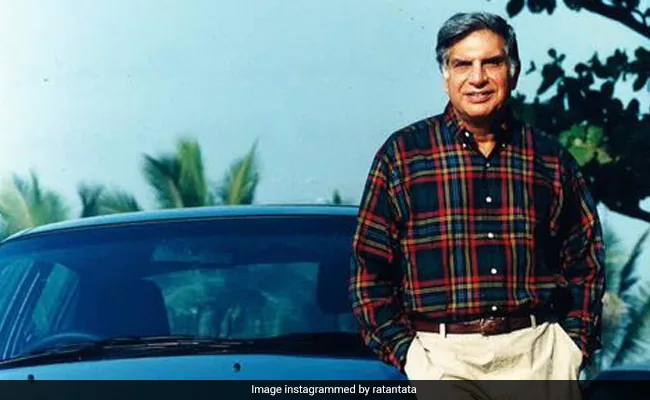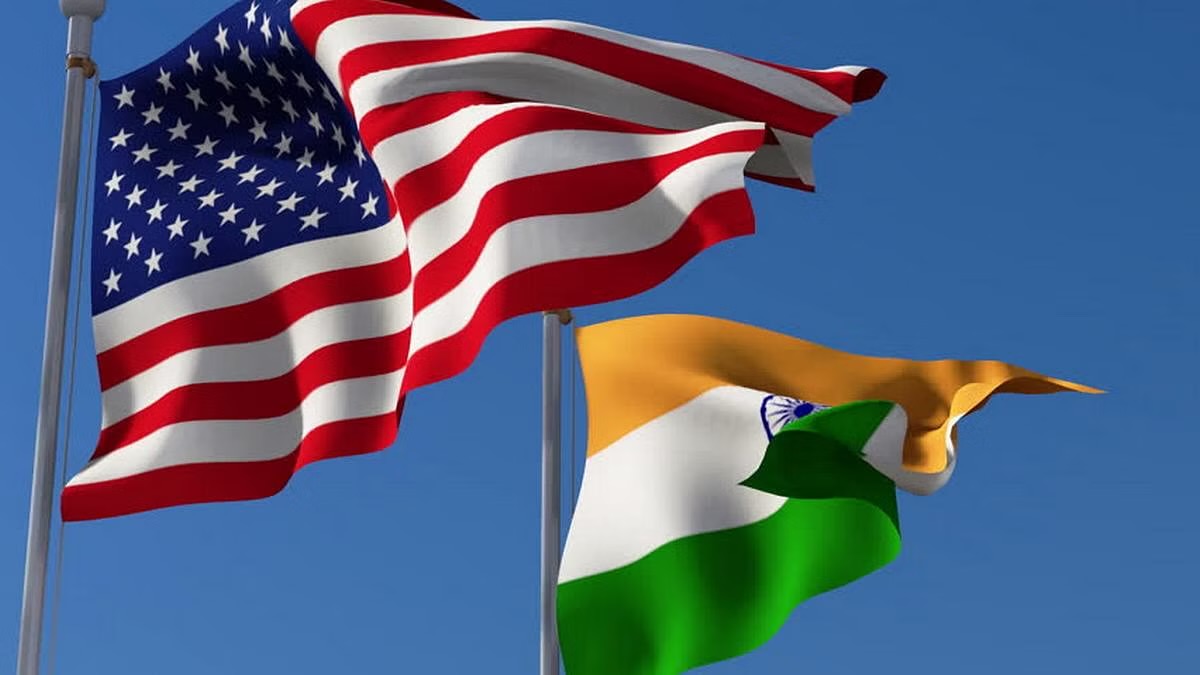Indian Court Extends Delhi Chief Minister Arvind Kejriwal’s Custody Amid Graft Allegations

New Delhi — In a recent development in the ongoing graft case, an Indian court has extended the custody of Delhi Chief Minister Arvind Kejriwal until April 1. The decision was made on Thursday, March 28, amidst a backdrop of controversy surrounding corruption allegations linked to the capital’s liquor policy.
Kejriwal, a prominent opposition leader, was arrested by India’s financial crime-fighting agency last week in connection with corruption accusations related to Delhi’s liquor policy. He was remanded into custody until Thursday, with the extension aligning his detainment with looming general elections scheduled to commence on April 19.
The case has sparked a political firestorm, with Kejriwal’s Aam Aadmi Party (AAP) vehemently denouncing the charges as fabricated and politically motivated. Conversely, Prime Minister Narendra Modi’s government and the Bharatiya Janata Party (BJP) maintain that law enforcement agencies are acting independently, refuting claims of political interference.
Notably, all key AAP figures had been previously incarcerated in relation to the case before Kejriwal’s arrest, underscoring the intensity of the legal battle.
Outside the court, Kejriwal, 55, condemned his arrest as a “political conspiracy” and vowed that the public would respond. Inside the courtroom, he accused the Enforcement Directorate (ED) of aiming to dismantle AAP.
Legal proceedings revealed tensions, with ED lawyers asserting that Kejriwal was deliberately uncooperative and necessitated further interrogation, requesting an additional seven days of custody.
Kejriwal’s arrest has triggered demonstrations in the national capital and neighboring Punjab, also governed by AAP. Protesters, including AAP supporters and workers, have been detained during marches and distribution of leaflets demanding Kejriwal’s release.
The situation escalated further with the announcement of a joint rally by the ‘INDIA’ alliance, comprising over two dozen political parties including AAP, scheduled for Sunday in the capital to protest against the arrest.
Internationally, the case has garnered attention, with the U.S. and Germany advocating for a fair and impartial trial. This prompted New Delhi to assert the independence of its judiciary and caution against interference in internal affairs.
As the legal battle ensues, India braces for heightened political tension in the lead-up to the crucial general elections.



















Facebook Comments